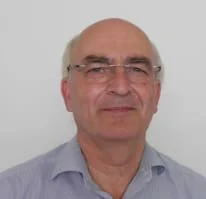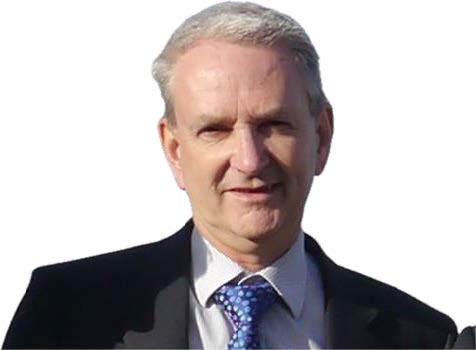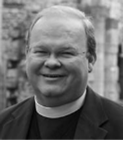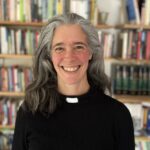General Synod
The General Synod is the national assembly of the Church of England. It came into being in 1970 under the Synodical Government Measure 1969, replacing an earlier body known as the Church Assembly.
The General Synod considers and approves legislation affecting the whole of the Church of England, formulates new forms of worship, debates matters of national and international importance, and approves the annual budget for the work of the Church at national level.

Synod Office
The General Synod is supported by staff of the National Church Institutions. The Synod Office is located at Church House, Great Smith Street, London SW1P 3AZ. The Church House switchboard number is 020 7898 1000. You can also use this form to contact the Synod Office.
Related resources
Meet your Synod Representatives
Your Diocesan Synod representatives are split into two houses, the House of Laity and the Proctors in Convocation (Clergy). Each Synod rep is responsible for a certain area of the diocese and can be invited to attend your Deanery Synod meetings and to provide you with information and advice.
House of Laity
Canon Nigel Bacon

Nigel has been re-elected having served on the previous General Synod. Nigel, a Reader and a Chartered Engineer, lives in Market Deeping with his wife, Julie, and is active within his parish and on many diocesan committees and groups.
Deanery Partnerships: Covering the Elloes and Boston.
Nigel.bacon@lincoln.anglican.org
01778 342737
Mr Carl Fender

Carl has been re-elected having served on the previous General Synod. Carl lives and worships in Stamford with his wife Adele and two children and has used his skills as a lawyer on various General Synod steering groups during the previous term.
Deanery Partnerships: Sharing responsibility for Stamford in South Kesteven and North Kesteven including Lafford and Graffoe.
07740 766561
Canon Prof Muriel Robinson

Muriel has been re-elected for a second term on General Synod. She has lived in ‘up-hill’ Lincoln with her husband since 2003 and her current roles include being the chair of the Lincoln Diocesan Trust & Board of Finance.
Deanery Partnerships: Covering North Lincolnshire including Isle of Axholme, Manlake and Yarborough. Also sharing responsibility for Lincoln and West Lindsey.
muriel.robinson@lincoln.anglican.org
Mr Paul Brewster

Paul is newly elected to General Synod. Paul is a retired Bank Manager, a Diocesan Trustee, Churchwarden, Treasurer and the Chair of the Diocesan Investment Committee. Paul is married with three adult children, living and worshipping in Woodhall Spa.
Deanery Partnerships: Covering the East Lindsey deaneries.
Proctors in Convocation
The Revd Stuart Cradduck

Stuart has been newly elected to General Synod having campaigned as a member of the Inclusive Church Network. Stuart is a parish priest and Rural Dean of Grantham, who has served as a trustee and on many diocesan committees.
Deanery Partnerships: Covering Grantham and Loveden within South Kesteven.
stuart.cradduck@stwulframs.com
07960 381060
The Ven Gavin Kirk

Gavin has been re-elected having served on the previous General Synod and having sat on numerous steering committees. He has been he Archdeacon of Lincoln for the past 5 years, having served in the Diocese of Lincoln since 2003.
Deanery Partnerships: Covering North East Lincs including Grimsby & Cleethorpes and Haverstoe and sharing responsibility for Lincoln.
archdeacon.lincoln@lincoln.anglican.org
01522 504039
The Revd Canon Rowena King

Rowena is newly elected to General Synod. She is Canon Missioner at Lincoln Cathedral, having previously worked in multi-parish, rural ministry. She is also a part of the Diocesan Growth Lever Group and supports theological education and IME in the Diocese through teaching and mentoring.
rowena.king@lincolncathedral.com
07506148896
The Revd Canon Martin Taylor

Martyn has been re-elected to serve on General Synod having served the previous term also as a member of the Finance Committee of the Archbishop’s Council. Martyn is a parish priest and Rural Dean of Stamford where he lives with his wife Philippa.
Deanery Partnerships: Covering Beltisloe within South Kesteven and sharing responsibility for Stamford and North Kesteven including Lafford and Graffoe.
01780 757343
